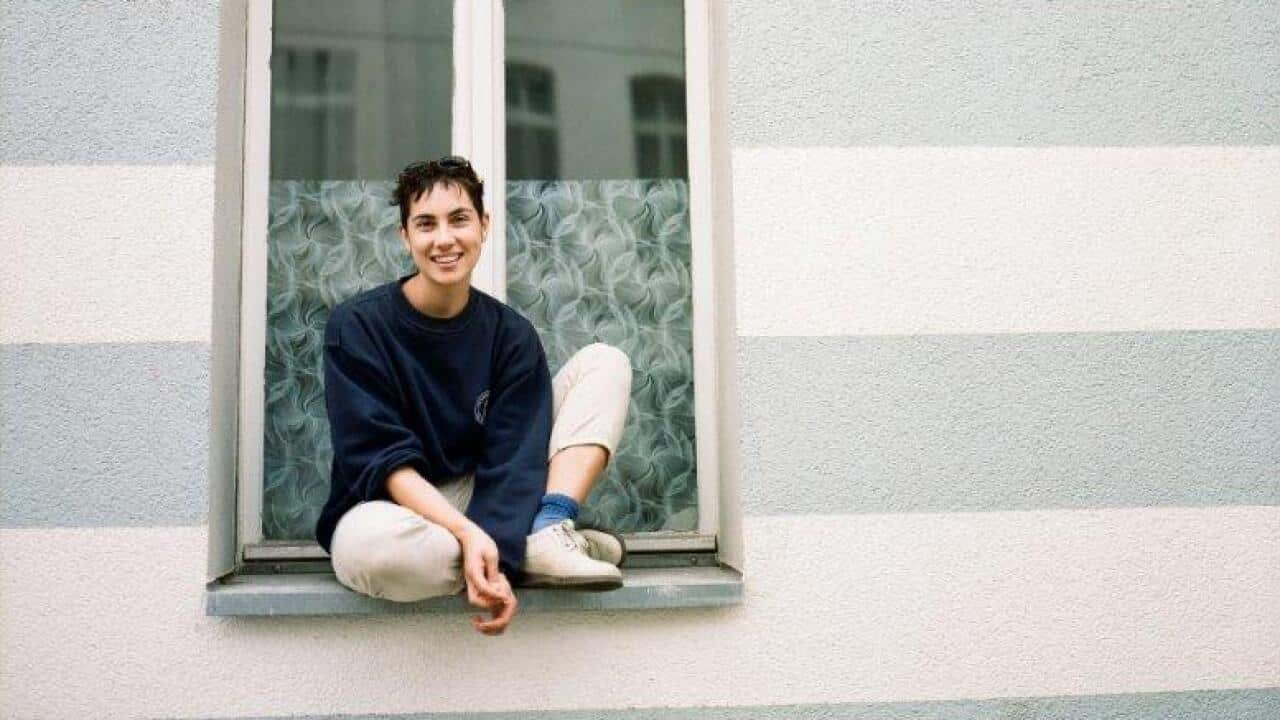My name and I have been through a lot over the years. Our relationship was rocky from the start,it was like we lived in different worlds.
I wanted to be accepted, I wanted to be seen as “Australian”, I wanted to blend in. Sumarlinah was always super inconsiderate of that; they flaunted their round vowels, their rolled r, gleefully watched people stumble over such a simply phonetic word.
When I got to high school, I kept Sumarlinah under wraps as much as I could. To me, they seemed uncontrollable; every time they piped up I had to explain my family tree from the tallest branch to the deepest root; had to justify features in my face that should or shouldn’t be there. Like me, Sumarlinah is incorrigible. I thought we would never get along.
As the years rolled by, I realised there were more things about myself that I needed to hide in the same box Sumarlinah was in. Like how I had crushes on countless girls. Or that I hated dresses. That I didn’t see myself as female.
I tried to do with these parts of me the same thing I did with Sumarlinah - I hid them away.
I tried to do with these parts of me the same thing I did with Sumarlinah - I hid them away.
But I guess I shouldn’t have given Sumarlinah so much leeway, because altogether they started rallying. My secret crushes turned into flirts, then drunken kisses, and eventually - into relationships. My gender divergency turned into chopped hair, changing pronouns and buying briefs from the men’s section.
I started to let my body fall into more comfortable forms. I learnt that I could survive the pain and stigma, that it was worth it. It was then that Sumarlinah, naturally, piped up again.
It was like we had to meet each other anew. I was so different from the young child who vehemently fought their “strange”sounding name.
And, surprisingly this time, we did get along.
Shortly after entering on this new phase of my relationship with my name, where we were actually on speaking terms, a new issue cropped up.
I am trans, but would I change my name?
I was spending my evenings discussing ways I could mouldSumarlinah to suit me better. Marls? Sum? Marlin?
I tried them on for a few weeks, asked my friends to change my name in their phones, wanted to feel how it would fit.
Name-changing is an important part of embodying identity for many trans people. It can mean clarifying who you are to the world. It can mean taking control of your own body, your own image, your life.
But there was a different kind of guilt and shame that began to settle in my stomach. The thing is, my name isn’t just mine. It carries within it my ancestors. It carries my culture and my heritage, and my responsibility to both of those things. In this sense, I felt like I don’t actually have the right to change it.
My full name is Sumarlinah Maria RadenWinoto. Winoto; the name of my grandfather, Raden; a common name for upper class Javanese people from the time when Indonesia was a Dutch colony, Maria; a name carried by all afab (assigned female at birth) people on my mother’s side of the family. Sumarlinah; the name of my great-grandmother—an East Javanese teacher, mother of five, known as Bu Lin.
I have never met Sumarlinah, nor her son Winoto. Both had passed well before I was born. But when I started trying to pick and choose which letters would remain from the name they gave me, I could feel them looking on. There I was —their family— trying to trade my ancestry for acceptance.
I could feel them standing behind me, and not only them, but all my ancestors, trying to tell me that I come from a culture with a long history of gender divergency and queerness. That I didn’t need to choose between honouring my heritage and being accepted.That my name already carries both.
I see now that all along, Sumarlinah was the perfect fit for me. And I am so grateful that they waited for me to figure it out.
RECOMMENDED

Trans people won't be erased, we can't be
Though Sumarlinah may sound like a “feminine” name, it comes from a world where gender isn’t something that’s as polarised as the Western world I now live in. I thought I had to fit into the so-called gender norms prescribed to me in Australia. But Sumarlinah taught me that my name, and my whole self, comes from a different world where those arbitrary gender roles and rules don’t apply. Sumarlinah is my name, and I am non binary.
Sumarlinah is non-binary.
Now, finally, Sumarlinah and I live harmoniously in this body. I sign my emails with my full name, I introduce myself with it, and I am proud to tell people where my family is from. It took me more than twenty years to get to this point.
Love is patient, and love is wise. Sumarlinah taught me that. I taught me that.
Sumarlinah is a dancer, activist and organiser. They is a host for the podcast Carceral Complex, curator for , but mostly just dealing with their perpetual identity crises. Follow Sumarlinah on Twitter @smr_win. For more info on Sumarlinah:
This article was edited by Candice Chung, and is part of a series by SBS Life supporting the work of emerging young Asian-Australian writers. Want to be involved? Get in touch with Candice on Twitter @candicechung_


